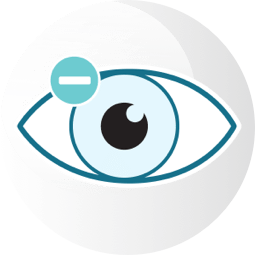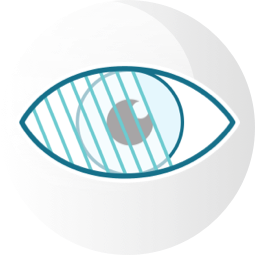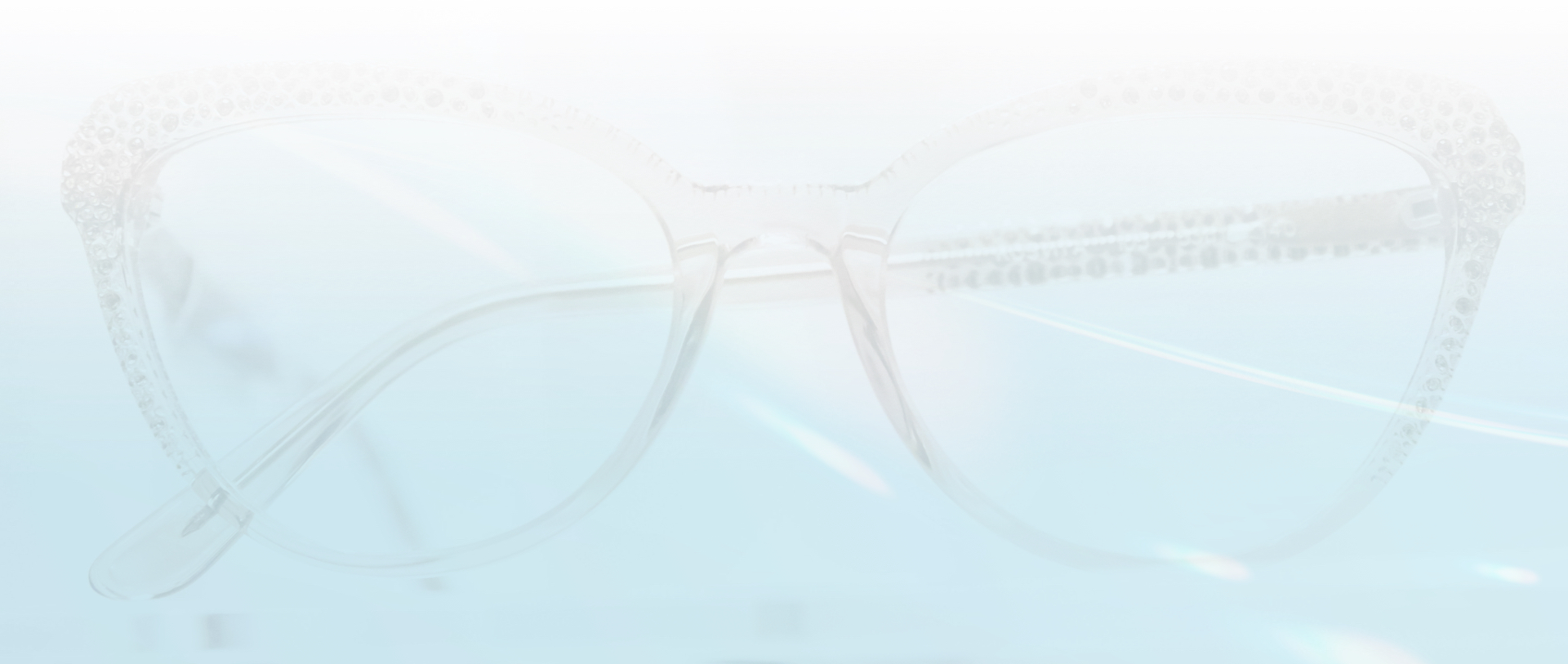Itchy, irritated eyes can turn the convenience of contact lenses into a daily nuisance. From tear film disruption to trapped allergens, several factors can lead to that uncomfortable itch under your lenses.
Contact lenses often make your eyes itchy because they reduce oxygen flow, attract protein or pollen deposits, and can harbor bacteria when not cleaned properly. By pinpointing whether dryness, allergy, lens fit, or hygiene is to blame, you can take targeted steps to restore comfort and enjoy clear, irritation-free vision.
Common Causes of Itchy Eyes When Wearing Contact Lenses
Contact lenses are designed to improve vision and provide convenience, but they can sometimes lead to discomfort. Here are some of the most common reasons why your eyes might feel itchy when wearing them.
Dry Eyes
Dry eye syndrome is a frequent complaint among contact lens users. When your eyes don’t produce enough tears or the tears evaporate too quickly, they can feel dry and irritated. Contact lenses can exacerbate this issue by reducing the amount of oxygen reaching your corneas.
We recommend using rewetting drops or artificial tears approved for contact lens users. Switching to lenses designed for dry eyes, such as silicone hydrogel lenses, may also help.
Allergies
Allergens like pollen, dust, and pet dander can cling to your contact lenses, making your eyes itch and water excessively. If you already suffer from seasonal allergies, wearing contact lenses can aggravate these symptoms.
If you’re experiencing allergies, consider daily disposable lenses, which allow you to start fresh each morning. Use antihistamine eye drops specifically designed for allergy sufferers. Always consult with your eye care provider before using any new product.
Lens Deposits
Over time, protein, lipids, and other substances found in tears can build up on your lenses. These deposits can irritate your eyes, making them feel itchy and uncomfortable.
It’s important to clean your lenses thoroughly using the cleaning solution recommended by your optometrist. If you’re prone to deposits, switching to lenses with a smoother surface or wearing daily disposables can minimize buildup.
Poor Lens Hygiene
Improper handling or cleaning of contact lenses can lead to contamination. Bacteria and other microorganisms on your lenses or case can irritate your eyes and even cause infections.
By always washing your hands before handling your lenses, cleaning them according to your optometrist’s instructions, and replacing your lens case every three months you can improve hygiene.
Ill-Fitting Lenses
Not all contact lenses are suitable for every eye shape. Ill-fitting lenses can cause irritation, discomfort, and even long-term issues such as corneal abrasions. Consult your eye care provider to help find lenses that fit properly. If necessary, they may recommend a different brand or type of lens.
Over-Wearing Your Lenses
Wearing your lenses longer than recommended can deprive your eyes of oxygen and cause them to become dry and irritated. Stick to the wearing schedule provided by your eye care professional. If you need to wear lenses for extended periods, ask your optometrist about lenses approved for longer wear.
Underlying Eye Conditions
Sometimes, itchy eyes when using contact lenses can be a sign of an underlying eye condition, such as blepharitis, conjunctivitis, or meibomian gland dysfunction.
If your symptoms persist, consult an eye care professional. They can diagnose and treat any underlying issues that may be contributing to your discomfort.
Tips for Preventing Eye Irritation When Wearing Contact Lenses
Avoiding itchy eyes may require some small adjustments to your routine. Here’s what you can do to help your ocular health while using contact lenses.
- Invest in high quality lenses: Ask your optometrist about advanced lens materials that promote better oxygen flow and moisture retention.
- Follow proper lens care: Always use the cleaning and storage solution recommended by your optometrist. Avoid cheap or expired products, as they may not effectively clean your lenses.
- Take breaks: If possible, give your eyes a break by alternating between glasses and contact lenses throughout the week.
- Stay hydrated: Drink plenty of water to keep your body and eyes hydrated. Healthy tear production relies on adequate hydration.
- Avoid sleeping in lenses: Unless you’re using extended-wear lenses approved by your optometrist, never sleep in your contacts.
- Maintain regular eye exams: Frequent checkups with your optometrist are important for keeping your eyes healthy and prescription up-to-date.
By following these simple habits, you can protect your eye health and enjoy clearer, more comfortable vision with your contact lenses.
When to See an Eye Care Professional
If your eyes continue to feel itchy despite proper lens care and adjustments, it could be a sign of an underlying issue that requires professional attention. Persistent discomfort shouldn’t be ignored, especially when it starts to interfere with daily comfort or clarity of vision.
Don’t let eye irritation disrupt your day. Schedule your appointment today to get expert care, lasting relief, and contact lenses that truly fit your needs at McCauley Celin Eyecare Associates.














